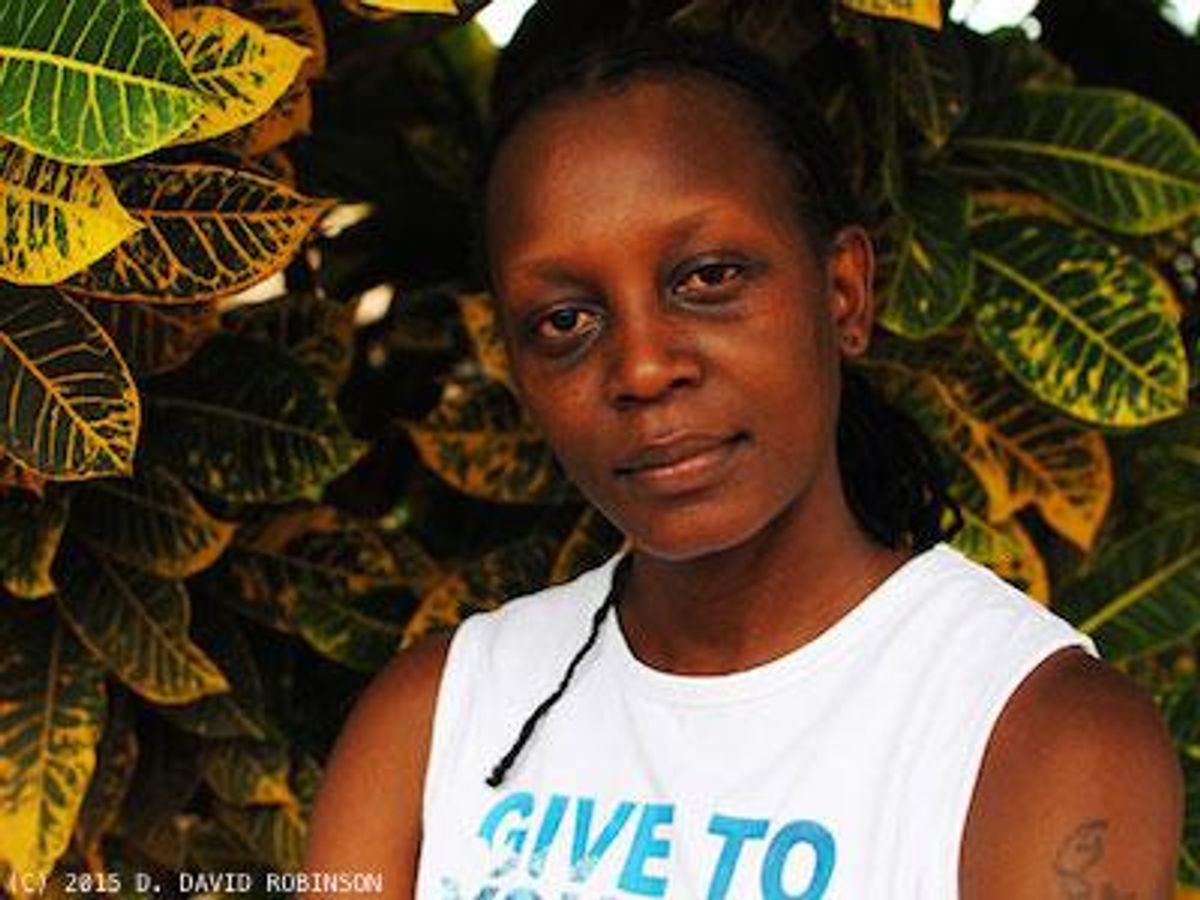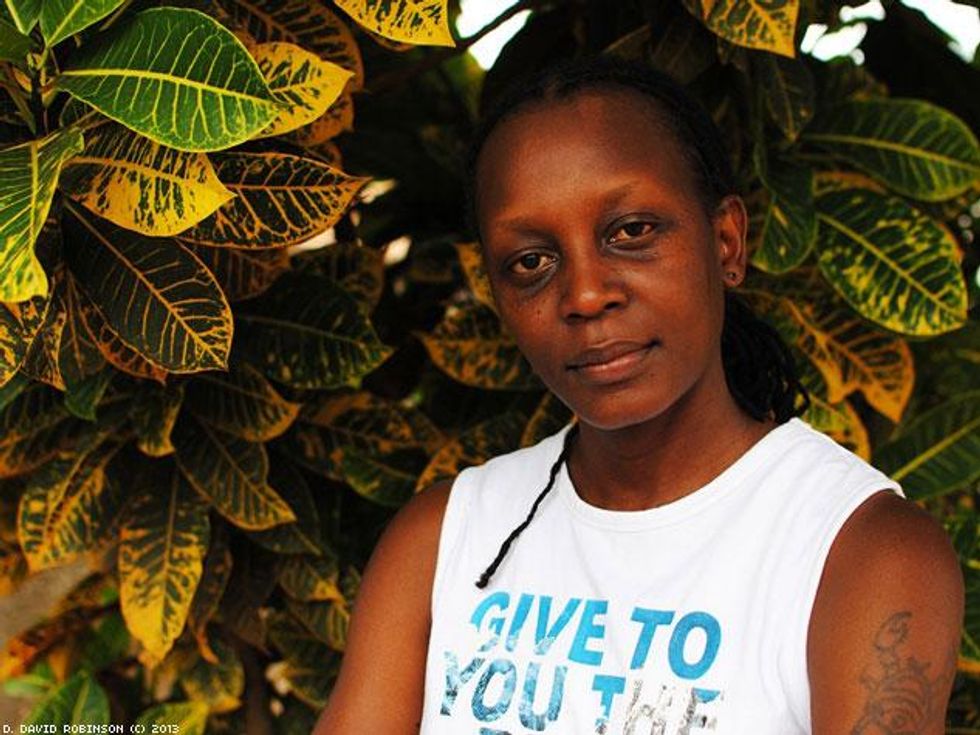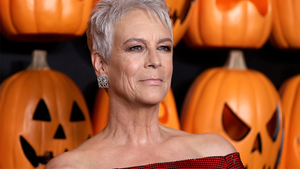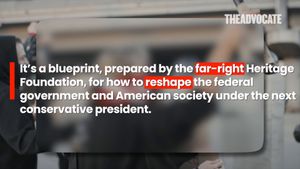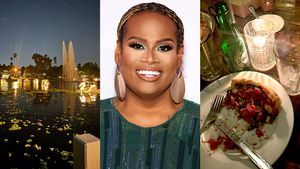Editor's note: This story originally appeared in January 2013 as part of The Advocate's award-winning photo-essay titled "We Are Here: LGBTI in Uganda," which profiled a dozen LGBTI Ugandans, sharing firsthand stories from these diverse individuals. Although the article received several awards -- including a 2014 GLAAD Award for Oustanding Digital Journalism, Multimedia -- editors with this publication took the story offline after Ugandan tabloid Red Pepper plagiarized the story wholesale, splashing a headline on the front page reading "Uganda's Top Gays Speak: How We Became Homos."
With Nabagesera's express permission, and in light of her appearance on the cover of Time magazine's European edition, The Advocate is republishing her story below.

Photos by D. David Robinson (c) 2015, for use by The Advocate with this article only. All rights reserved. Subjects have approved use of images contained herein.
Kasha Jacqueline Nabagesera, 35-year-old lesbian, founder and executive director of Freedom and Roam Uganda, who posted a YouTube video speaking to the dangers of passing the Anti-Homosexuality Bill
In 1999 the LGBTI movement in Uganda was more of a social activity -- many members of the LGBTI community would meet every Sunday for picnics and to build solidarity. It wasn't until the early 2000s that we became more involved in political advocacy, which led to the formation of the current organizations. It's easier now, since the activists have grown in numbers. We're now able to carry out different roles within the movement. The current challenge is that as the movement has become more visible, the operating environment has become more hostile than in the past.
In 2007 I stopped using public transportation. I was attacked by revelers in a public taxi because my picture had appeared on the front page of the Daily Monitor. Someone recognized me and started shouting. I was thrown from the taxi and hit by boda boda cyclists. After that I received support from Front Line Defenders to secure means for safer transport to and from work.
It's never been easy, but every day there is a small difference that makes me stronger. For one thing, more people are joining our struggle. We provide them with safe spaces, reading materials, skills training, and other useful tools. I treasure this, since many have been expelled from their schools, homes, and jobs. It makes me stronger knowing that I can help create a small, positive change in someone's life.
Recently I traveled to San Francisco for the first time to attend a conference. It was overwhelming to walk in the Castro every day and to enter Harvey Milk's studio, where so much LGBT history occurred. I couldn't believe I was sharing drinks with people who were actually there in the '70s, who experienced the whole thing. I loved it.
The only thing I didn't like is that Milk's studio has been so commercialized -- to me it was like the movement had forgotten the history of that place and didn't preserve his studio. I would have loved to sit in one of the chairs that great man sat in. I wish I could have found one thing that belonged to him in that very place.
All in all, this experience gave me further reason to continue my work. I am certain that one day, even our people in Uganda will live freer because of the small efforts we are making today. I may not live to enjoy that moment, but I am happy to be a part of the foundation of a brighter future.
In May 2011, Nabagesera was awarded the Martin Ennals Award for Human Rights Defenders; she received the award in Geneva in October 2011. In September 2013 she will be awarded the 2013 Nuremberg International Human Rights Award in Nuremberg, Germany.
